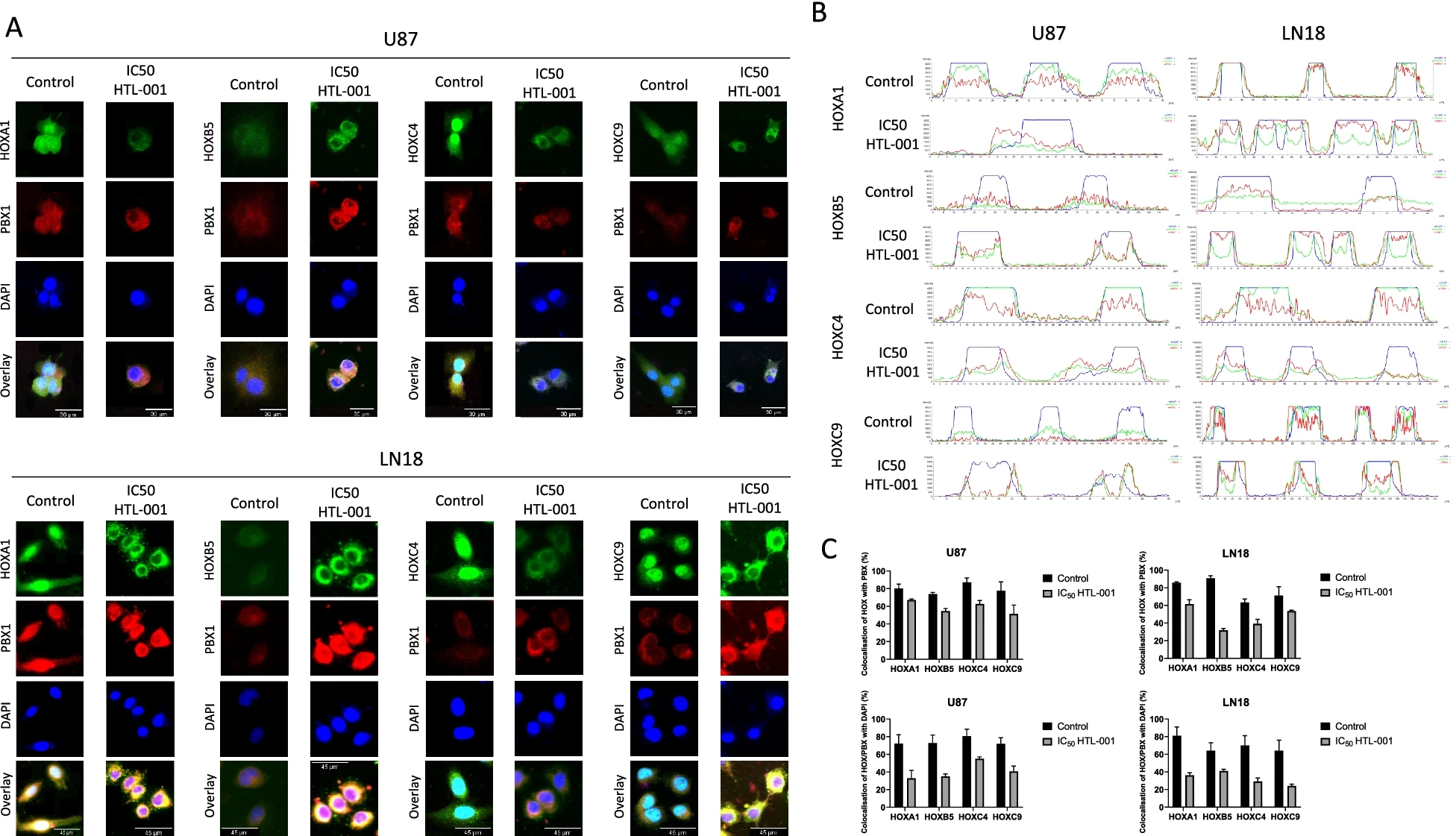The results of a seven-year research project suggest that there may be a new method to treat glioblastoma multiforme (GBM), one of the most common and destructive brain cancers in adults Published in bmc cancer 》In a peer-reviewed study in the journal, scientists from Surrey University proved that a short chain amino acid (htl-001 peptide) can effectively target and inhibit the function of Hox gene, a gene family responsible for the growth of glioblastoma multiforme (GBM). The study was conducted in cell and animal models.

The htl-001 peptide tested in the study has completed the safety test and is ready for patient trial. These trials are now being considered in GBM and other cancers.
According to the project leader Hardev pandha, Professor of oncology at Surrey University, said: "People with glioblastoma multiforme have a 5% survival rate in five years -- a figure that has not improved for decades. Although we are still in the early stages, our seven-year project provides a glimmer of hope for finding solutions to the Hox gene disorder, which is related to the growth of GBM and other cancers, and has proved to be an elusive goal for many years."
Ironically, the Hox gene is responsible for the healthy growth of brain tissue, but the growing embryo is usually silenced at birth after vigorous activity. However, if they are improperly "turned on" again, their activities may lead to the development of cancer. Hox gene disorder has long been recognized in GBM.
The project was carried out in cooperation with Surrey University, Leeds University, the University of Texas and Hox therapeutics. Hox therapeutics is a newly established company of Surrey University researchers, located in the Surrey Research Park of the University.
Professor Susan short, co-author of the study at the University of Leeds, said: "we urgently need to provide new therapeutic approaches for these invasive brain tumors. Targeting the abnormal opening of Hox genes and other developmental genes in tumor cells may be a new and effective method to prevent the growth and life-threatening of glioblastoma."
James culverwell, CEO of Hox therapeutics, said: "Hox therapeutics is very happy to cooperate with other researchers in this project. We hope that with our continuous support, this research will eventually lead to novel and effective treatment of brain cancer and other cancers, because overexpression of Hox gene is a clear treatment goal."